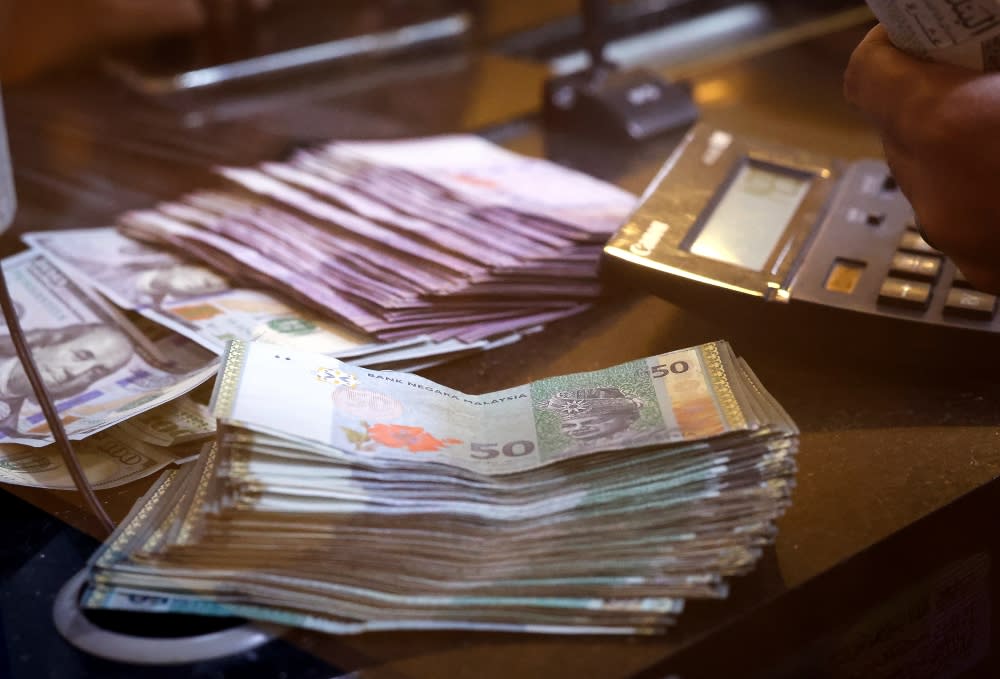Opposition to query PM Anwar on ringgit when Parliament resumes next week

KUALA LUMPUR, Feb 23 — Currency pressures due to the weakening ringgit will be the Opposition’s top question for Prime Minister Datuk Seri Anwar Ibrahim who is also the finance minister, when the Dewan Rakyat kicks off next Monday.
Rantau Panjang MP Datuk Siti Zailah Mohd Yusoff said that the declining value of the national currency and efforts to address it are crucial issues that need to be addressed by Anwar in the interest of the public, Sinar Harian reported today.
“I myself have submitted questions related to the fall of the ringgit's value to be answered by the government during the parliamentary session because this issue is a concern for almost all citizens, especially traders involved in foreign currency exchange activities,” she was quoted saying.
“Taking the example of my own constituency, which is located at the border, residents involved in trading goods from Thailand are under pressure due to our currency being lower compared to the Thai baht.
“So, the government needs to clarify the steps or strategies to strengthen the depreciation of the ringgit,” she added.
The Malaysian currency slid to its lowest level since the 1998 Asian Financial Crisis yesterday when it traded at 4.79 to the US dollar.
The ringgit eased to 4.7745/7800 against the US dollar compared at 9am today when markets opened, compared to 4.7710/7800 at the close of trade yesterday.
Financial market experts say the slump is temporary and the ringgit is expected to climb to 4.40 by end 2024, and reach 4.30 by end of 2025.
Ratings agency S&P Global Ratings said that the depreciating currency did not seem to present a risk to Malaysia's sovereign credit rating and forecasted a nine per cent rebound in the ringgit by the end of this year.
Bank Negara Malaysia said the ringgit’s performance was similar to other regional currencies, which it attributed to external factors like market adjustment to changing US interest rates and uncertainty around China’s economic prospects.
It also said that the ringgit’s performance does not reflect the country’s economic strength, forecasting economic growth of between 4 to 5 per cent this year, driven by the improvement in external demand and strong domestic spending.
It said that the tourism sector is expected to exceed the pre-pandemic levels of 26 million, and momentum for investments has also picked up with approved projects both in the private and public sectors.



